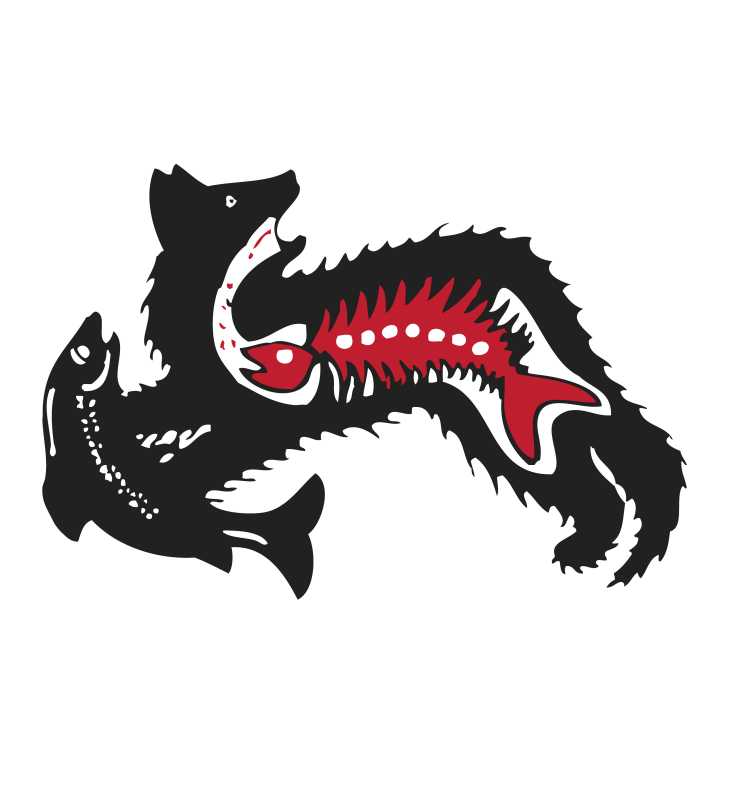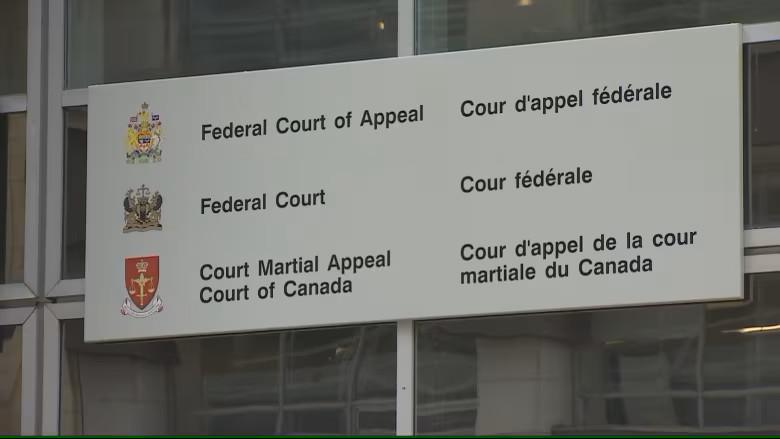Ten Prairie-based First Nations are suing the Canadian government over the loss of language, culture and tradition inflicted on communities by the modern First Nations child-welfare system.
Chief David Crate of Fisher River Cree Nation north of Winnipeg is the lead plaintiff in the proposed class-action lawsuit filed Jan. 31 in Federal Court, the latest in a series of battles over the chronic underfunding of child and family services on reserves and in the Yukon.
Crate and nine other chiefs are seeking collective compensation for alleged community-level harms exacted by the “mass scooping” of First Nations kids into state custody for more than three decades.
“Unfortunately, I’ve seen first-hand the damage done, not only to the individuals but also to my community,” said Harold (Sonny) Cochrane, who is from Fisher River and a lawyer on the case with Indigenous law firm Cochrane Saxberg in Winnipeg.
“The intergenerational trauma, the addiction rates, the poverty, all of those unfortunate results flow from the child-welfare practices and programs of the federal government.”
The claim, which does not provide a dollar amount sought, is untested and must be certified by a judge before it can proceed.
It proposes to include any First Nation that chooses to join and would cover the period between 1991, when the First Nations child and family services (FNCFS) program was created, and now.
$20B already on table for child welfare reform: feds
A spokesperson for Indigenous Services Minister Patty Hajdu declined to comment on the case directly.
“However I would point you to the work currently underway with a $20-billion agreement in principle related to long-term reform of Indigenous child and family services,” said Andrew MacKendrick, Hajdu’s communications director, in an email.
“This is part of our government’s commitment to ensuring past harms can never be repeated again.”
Canada made the long-term reform pledge amid an ongoing 16-year-old Canadian Human Rights Tribunal complaint and the 2019 Moushoom class action. Both cases deal with child welfare and seek compensation for individual survivors.
In 2016, the human rights tribunal found that federal underfunding of the FNCFS program constituted systemic racial discrimination. In 2019, the tribunal awarded victims and their families $40,000 each.
Last year, in a bid to settle both the complaint and the class action, the federal government pledged $20 billion for individual compensation and another $20 billion for reform.
The umbrella package would flow via two separate deals, but neither have been finalized or approved by the tribunal or the court.
Cochrane said the focus on nation-level impacts differentiates Crate’s claim from these ongoing cases.
“We’re talking loss of culture, loss of spirituality, loss of traditions,” Cochrane said.
“That’s what’s missing.”
‘The next round of cultural genocide’
Shawn Scarcello, also with Cochrane Saxberg, said the legal team is hoping for negotiations, but preparing for a fight.
“What we expect to do is take this claim to a trial if necessary,” he said.
“We’re looking for accountability from Canada.”
The 52-page statement of claim says Canada introduced the FNCFS program against a backdrop of cultural genocide and intergenerational trauma that started with residential schools and continued with the Sixties Scoop.
The Sixties Scoop refers to the government practice of taking Indigenous children from their families and placing them in foster care or adopting them into non-Indigenous families, which increased in the 1950s as residential schools wound down.
Following the Sixties Scoop came the modern child-welfare system, “the next round of cultural genocide and discrimination toward First Nations,” sometimes called the Millennium Scoop, the claim says.
The term reflects the tribunal’s finding that the number of First Nations kids in state custody today roughly triples the number in residential schools at the height of the system in the 1940s, Cochrane said.
“That should be shocking to everyone.”
The other plaintiffs are Poplar River First Nation, Sioux Valley Dakota Nation, Manto Sipi Cree Nation and Dakota Tipi First Nation in Manitoba and Horse Lake First Nation, Swan River First Nation, Whitefish Lake First Nation, Sucker Creek First Nation and Dene Thá First Nation in Alberta.
Cochrane Saxberg is handling the claim alongside a coalition of law firms that includes Murphy Battista and Miller Titerle in Vancouver, international firm Gowling WLG, and Toronto-based Sotos.
https://www.cbc.ca/news/indigenous/first-nations-class-action-child-welfare-collective-1.6777536



